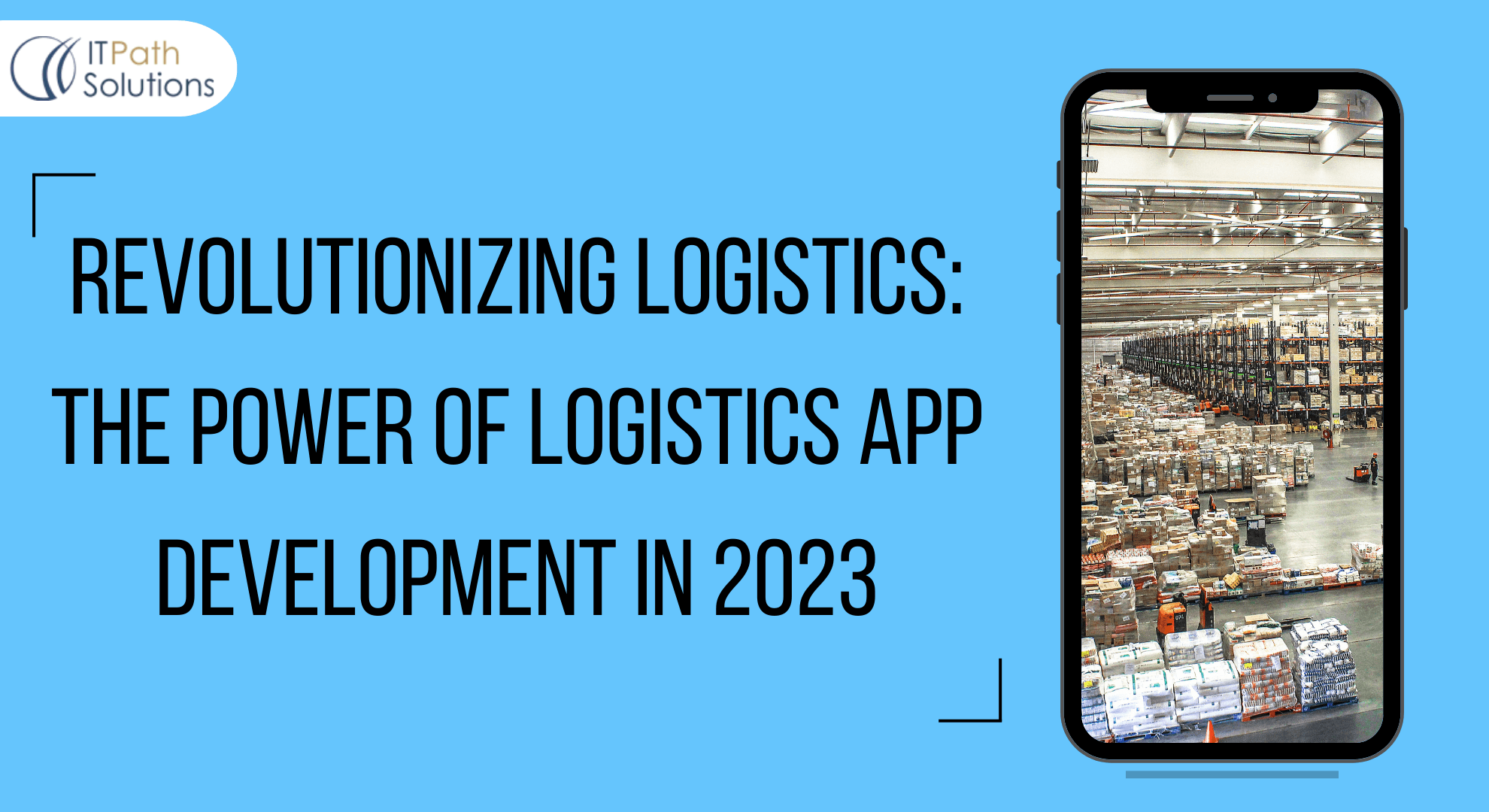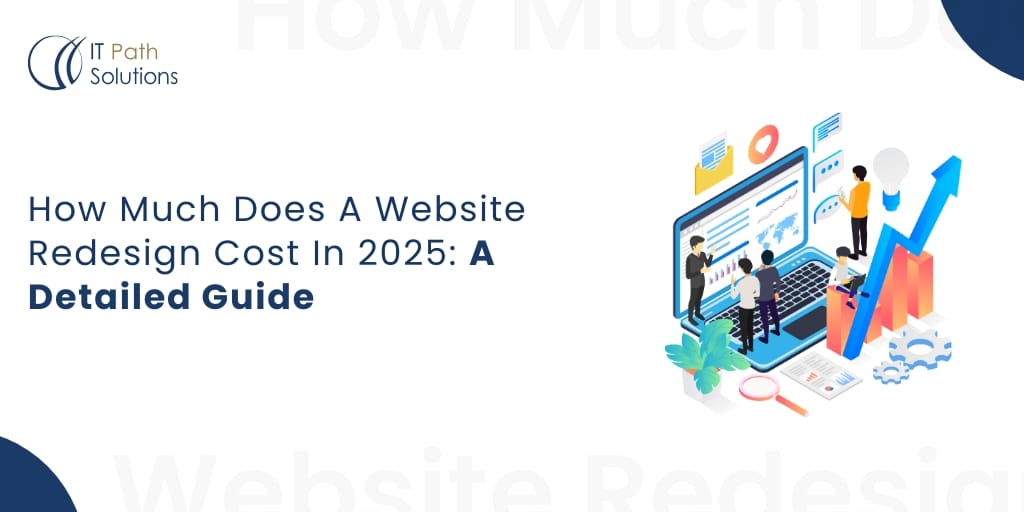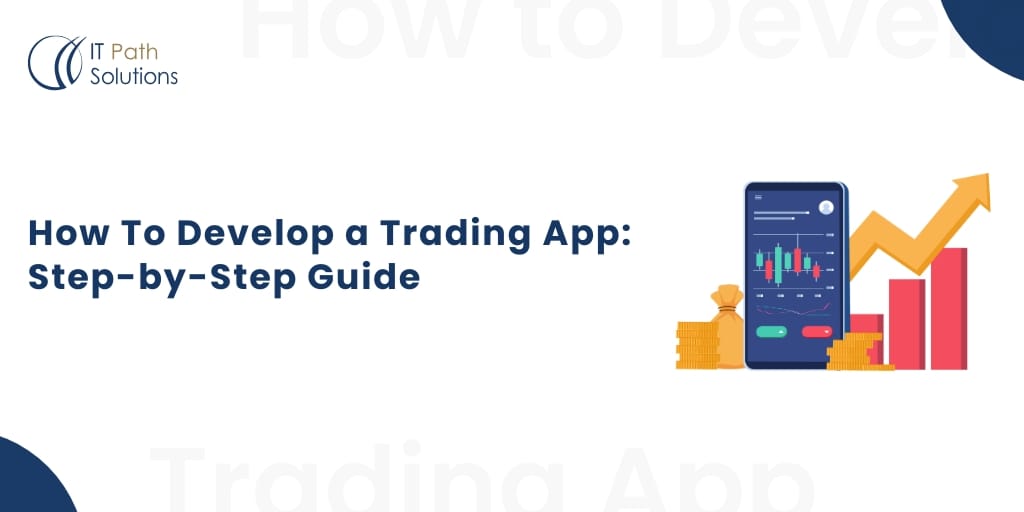Revolutionizing Logistics: The Power of App Development in 2023

The logistics industry in 2023 is witnessing unprecedented growth and complexity, requiring innovative solutions to optimize operations. In this blog, we explore the significance of logistics app development and how it can address the challenges faced by businesses today.
The logistics industry has experienced remarkable growth in recent years, fueled by globalization, e-commerce expansion, and increased consumer demands. However, with this growth comes greater complexity, as businesses grapple with managing intricate supply chains, efficient inventory and warehouse operations, route optimization, and effective communication among stakeholders. In such a dynamic landscape, logistics app development emerges as a game-changer, providing businesses with the tools they need to streamline operations, boost efficiency, and stay ahead of the competition.
Benefits of Logistics App Development
By embracing logistics app development, businesses can unlock numerous advantages that help them navigate the challenges of the industry. One key benefit is enhanced visibility, which enables businesses to have a real-time view of their entire supply chain. Through intuitive dashboards and data-driven insights, logistics apps empower businesses to make informed decisions, identify bottlenecks, and proactively address issues.
Real-time tracking is another crucial advantage offered by logistics apps. With GPS-enabled tracking features, businesses can monitor shipments, deliveries, and vehicles in real-time. This capability enhances transparency, allows for accurate ETA predictions, and enables proactive communication with customers, leading to improved customer satisfaction and loyalty.
Automation is a significant aspect of logistics app development. By automating repetitive tasks and processes, businesses can streamline operations, reduce human errors, and free up valuable time for their workforce. From generating automated reports to managing inventory levels and scheduling deliveries, logistics apps eliminate manual intervention and ensure greater operational efficiency.
Inventory management is a critical area where logistics apps make a significant impact. These apps provide intelligent inventory management features that enable businesses to track stock levels, monitor expiration dates, and optimize inventory turnover. Through data analytics and demand forecasting, businesses can make informed inventory decisions, ensuring that they have the right products in the right place at the right time.
Efficient route planning and delivery management are essential for logistics operations. Logistics apps leverage advanced algorithms to optimize routes, considering factors like traffic conditions, delivery priorities, and fuel efficiency. By maximizing route efficiency, businesses can reduce transportation costs, minimize delivery delays, and enhance overall operational productivity.
Seamless communication and collaboration between stakeholders are pivotal in the logistics industry. Logistics apps offer multi-channel communication features, allowing businesses to connect with drivers, warehouse staff, suppliers, and customers through a single platform. Whether it’s sending instant notifications, sharing order updates, or resolving issues in real-time, these apps foster effective collaboration and streamline the flow of information.
Steps to Develop Custom Logistics Apps
Developing a successful logistics app involves several crucial steps. Firstly, businesses must define the app’s purpose and target audience. This involves understanding the specific pain points of their logistics operations and identifying the key functionalities required to address those challenges.
Once the purpose and target audience are clear, planning the app’s features and functionality is the next step. Businesses need to prioritize the essential features that align with their goals and ensure a seamless user experience. Collaborating with logistics experts and app developers can help in making informed decisions regarding the app’s architecture, data management, and integration capabilities.
Choosing the right technology stack and development approach is crucial for building a robust logistics app. Factors like scalability, security, and future enhancements should be considered when selecting the technologies and frameworks. Whether it’s native app development or cross-platform solutions, businesses need to evaluate the pros and cons to make the best choice for their specific requirements.
Designing a user-friendly interface and user experience is paramount in logistics app development. The app should be intuitive, easy to navigate, and visually appealing. Conducting user research, creating wireframes, and performing usability testing are essential to ensure the app meets the needs and preferences of its target users.
Development, testing, and deployment are the technical stages of logistics app development. App developers code the app’s functionality, integrate APIs and third-party services, and perform rigorous testing to ensure a seamless user experience. Once the app passes the testing phase, it is deployed to the desired platforms, such as mobile devices or web browsers.
Continuous improvement and updates are essential to keep the logistics app relevant and efficient. Feedback from users and stakeholders should be actively sought and incorporated into future updates. Regular monitoring of app performance, security updates, and feature enhancements contribute to the long-term success of the logistics app.
Case Studies of Successful Logistics Apps
DHL, one of the world’s largest logistics companies, developed a suite of smart logistics solutions encompassing mobile apps and web platforms. Their apps enable seamless communication and collaboration between various stakeholders involved in the logistics process, including shippers, carriers, and recipients. These apps offer features such as real-time tracking, automated shipment status updates, digital proof of delivery, and streamlined documentation processes. DHL’s logistics apps have empowered businesses to optimize their supply chain operations, minimize errors, reduce costs, and improve overall efficiency.
ShipStation’s E-commerce Shipping App ShipStation, a popular e-commerce shipping platform, offers a mobile app that enables businesses to manage their shipping operations efficiently. The app integrates with multiple e-commerce platforms, marketplaces, and carriers, providing businesses with a centralized hub to process orders, print shipping labels, and track shipments. By automating shipping workflows and streamlining order fulfillment, ShipStation’s app has helped businesses save time, reduce errors, and improve customer satisfaction. The app’s analytics and reporting features also provide valuable insights into shipping performance, allowing businesses to make data-driven decisions and optimize their operations.
Challenges and Considerations in Logistics App Development
While logistics app development offers immense benefits, it also comes with challenges that businesses need to address. Data security and privacy concerns are of paramount importance, as logistics apps handle sensitive information about shipments, customers, and business operations. Implementing robust security measures and complying with data protection regulations are crucial steps in mitigating these risks.
Scalability and integration with existing systems are considerations that businesses must carefully evaluate. As the logistics operations grow, the app should be capable of handling increased data volume and user traffic. Seamless integration with existing ERP systems, inventory management tools, and third-party services is essential to ensure smooth operations and data synchronization.
User adoption and training are crucial for the success of a logistics app. Businesses need to provide comprehensive training and support to their staff and partners to ensure smooth onboarding and utilization of the app’s features. User-friendly interfaces, clear documentation, and ongoing technical assistance contribute to a positive user experience.
Regulatory compliance and legal considerations must be taken into account during logistics app development. Depending on the geographic locations and industries in which the app operates, businesses must adhere to specific regulations and legal requirements. Factors such as data privacy, tax compliance, and international trade regulations need to be considered and integrated into the app’s functionality.
Future Outlook for Logistics App Development
The future of logistics app development holds exciting possibilities. Advancements in artificial intelligence and machine learning will enable logistics apps to offer intelligent recommendations, optimize operations in real-time, and provide predictive analytics for better decision-making. Blockchain technology will enhance transparency, security, and trust in transactions and supply chain processes. The focus on sustainability will drive the development of eco-friendly logistics apps that minimize environmental impact. A mobile-first approach and cross-platform compatibility will cater to the increasing usage of mobile devices in logistics operations. Personalization and customization will become key elements to tailor the app experience based on user preferences and business needs.
Conclusion
As the logistics industry continues to evolve, the role of logistics app development becomes increasingly significant. By embracing this transformative technology, businesses can streamline operations, enhance customer experiences, and gain a competitive edge in the dynamic logistics landscape of 2023. Through the benefits of enhanced visibility, real-time tracking, automation, inventory management, efficient route planning, and seamless communication, logistics apps empower businesses to thrive and excel in an ever-changing industry.
 Healthcare
Healthcare  Education
Education  Real Estate
Real Estate  Logistic
Logistic  Themes
Themes
 Plugins
Plugins
 Patterns
Patterns





